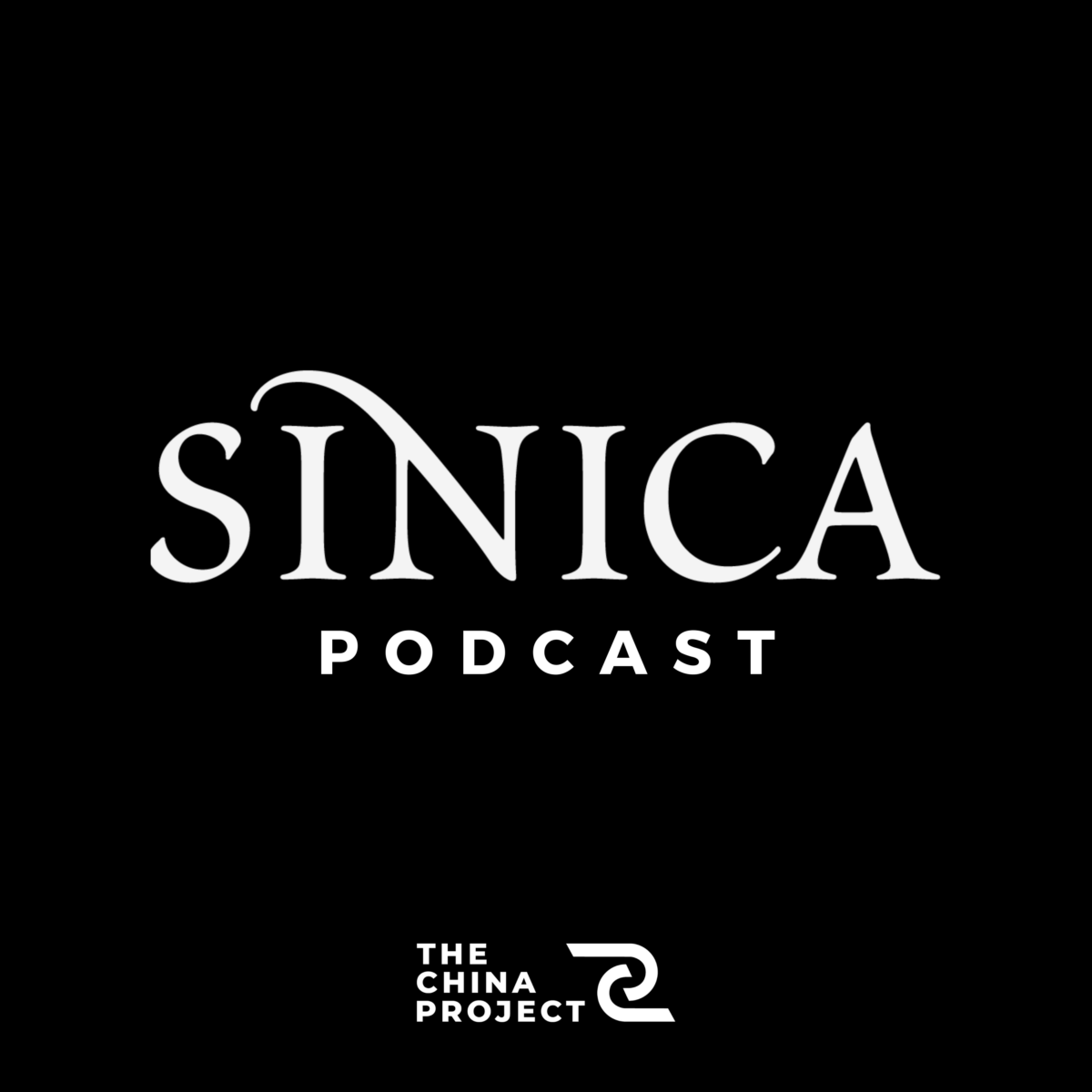This week on Sinica, Pulitzer Prize-winning veteran journalist Ian Johnson, now a senior China fellow at the Council on Foreign Relations, joins Kaiser to discuss his new book, “Sparks China’s Underground Historians and their Battle for the Future.” Profiling both prominent and lesser-known individuals working to expose dark truths about some of the grimmest periods of the PRC’s history, including the Great Leap Forward famine and the violence of the Cultural Revolution, Johnson argues that the efforts of China’s “counter-historians” have managed to survive the stepped-up efforts of Xi Jinping to control the historical narrative completely.
03:27 – Is the obsessive control of historical narratives a particularly Chinese phenomenon?
07:19 – The life of Ai Xiaoming and the creation of a collective memory as one of the main themes in the book
21:46 – The story of Jiang Xue, citizen journalist
25:22 – Journalistic stubbornness of Tan Hecheng
28:39 – Cheng Hongguo and the Zhiwuzhi salon
30:26 – Common traits shared by many Chinese regime critics
37:17 – Is there a link between dissent in China and Christianity?
39:53 – Historical nihilism and sensitive topics for the Chinese Communist Party
47:08 – Are counter-historians especially noteworthy because they’re exceptional, or representative?
57:36 – The most important insight the book adds to our understanding of regime critics in China
A complete transcript of this podcast is available at TheChinaProject.com.
Recommendations:
Ian: The Quiet Before: On the Unexpected Origins of Radical Ideas by Gal Beckerman
Kaiser: Death in Venice and Other Tales by Thomas Mann, translated by Joachim Neugroschel








